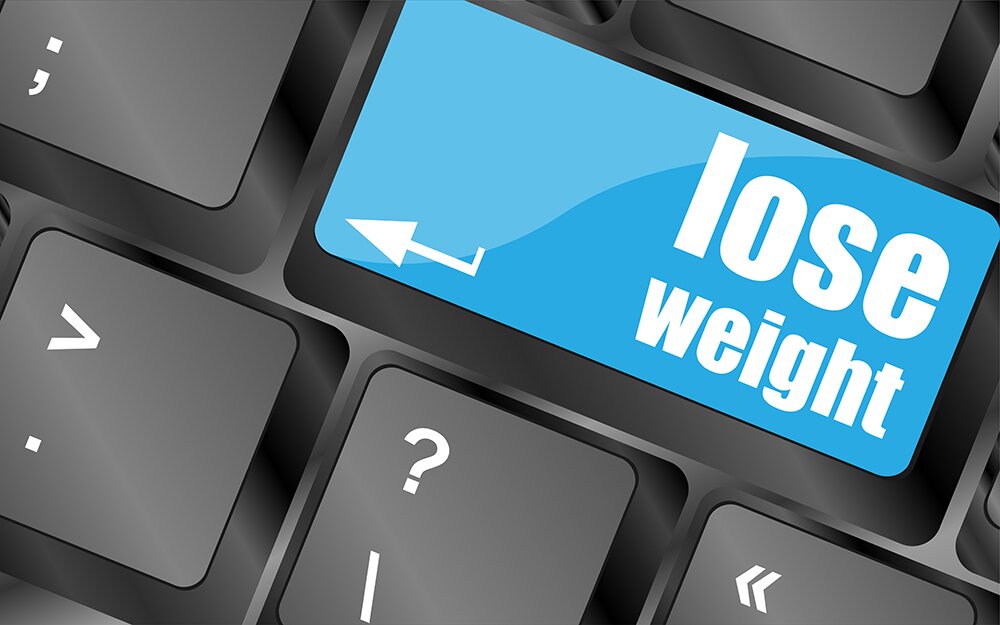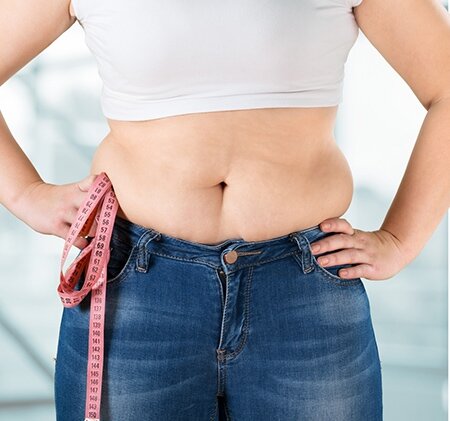1) Starving yourself is the best way to lose weight
Starving yourself will get rid of some extra weight, but it will be at the cost of causing several other problems. When you starve yourself you make your body weak, which is not a good solution in the long run. Your body needs food to provide you with energy to get through your day, hence eating a good, balanced eating programme is important.
The idea that you shouldn't eat between meals is also a myth. One of the main reasons why snacking is frowned upon is because of the food choices we make, such as indulging in chips, cookies, chocolates and other fattening treats. Snacks (the right ones) in-between meals can actually help you eat less and stave off the urge to overeat or binge later. In fact, dietitians often recommend you eat five smaller meals a day, instead of consuming all your calories in one sitting.
The next time you are feeling hungry, don’t be tempted by that packet of chips, rather go for nutritious foods, such as moderate amounts of fruits, vegetables, and nuts.
2) If I exercise I won't gain weight
As you get older, your metabolism slows down so you are far more prone to picking up weight. The biggest change usually occurs around the age of 40 and it will continue to slow down as you age. So while exercise does help to keep those unwanted kilos off, you still need to watch what you eat and follow a healthy eating plan; one that you can stick to. If you fall within the 19 to 64 years of age group, you need 150 minutes of physical activity, including cycling and walking, on a weekly basis to get rid of any extra weight.
3) Healthy foods are more expensive
People often believe that you have to pay more for healthy food, which is not the case. Meals bought from a shop are usually more expensive than if prepared at home using fresh, healthy ingredients. Another option is to grow your own vegetables and herbs. If you are on the mission to lose weight, then only consider fresh fruit and vegetables and healthy meals made at homemade meals, and wave goodbye to ready-made meals and take outs.
4) Slimming pills are effective for long-term weight loss
Listen to the radio, open a magazine or watch TV and you are sure to hear about or see an advert claiming to be able to help you shed weight, and quickly. Sadly, this is nothing but a misleading statement. Slimming or diet pills should only be considered if recommended by your doctor.
5) Carbohydrates make you put on weight
Carbs are not all equal, therefore all carbohydrates are not bad. But that doesn't mean you can’t benefit from low-carb diets. Avoid processed carbs that are often high in sugar and white flour. Instead, enjoy beans, whole grains (brown rice and whole grain breads) and don't forget fruits and vegetables, which provide a host of nutrients and fibre, are low in calories and can help reduce the risks of several diseases.
The body also uses carbs as fuel during exercise to burn body fat, another great reason why you don’t have to remove all carbs from the menu.





